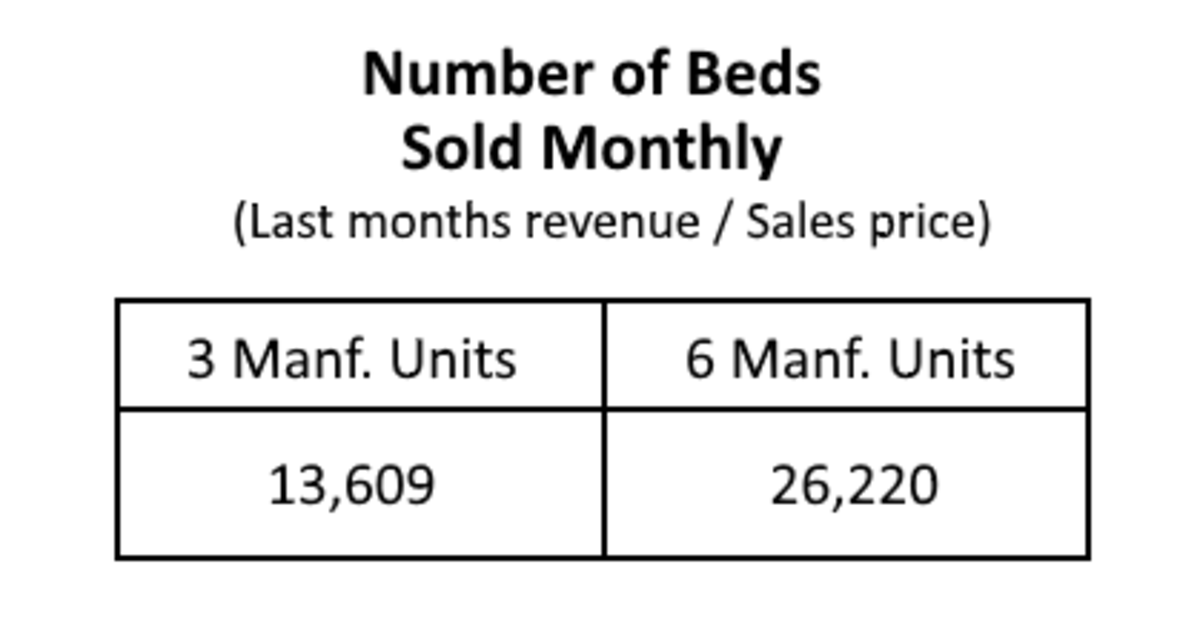

Socialism does not reward entrepreneurial ventures or competitiveness. According to socialism, competitive individuals tend to find ways to cause social unrest for personal gain. The society expects cooperation and not competitiveness. In addition, people who are competitive in the community are viewed in a negative light. Perhaps the greatest disadvantage of a socialistic system is its reliance on cooperative pooling to get things done. Natural resources are protected for posterity. If there are jobs that should be done and there is no one to perform them, a higher remuneration is provided. The system disapproves discrimination, and each person does what he is good at or what he enjoys best. In addition, each person has the same right to access health care and other important social aspects, such as education. As a result, the system helps to minimize poverty levels in the society. How? Well, each of the workers in the community has a say on how the resources are managed, and each person receives and contributes based on an individual’s potential.Īccording to the socialistic system, each person is guaranteed access to basic goods, even those who are not able to contribute. Absence of exploitationĪ socialistic system ensures that no worker is exploited.

Moreover, the public is guaranteed a sustainable wage. The production process is focused on ensuring that every member of the community has enough access to basic goods.

In addition, green socialism promotes the development and use of public transit, as well as the processing and sale of locally grown food. Large corporations in a green socialistic society are owned and run by the public. Green socialism is protective of natural resources.
CAPITALISM II BED PRODUCTION FREE
The workers sell off what is in excess or give it out to members of the society, who then distribute resources based on a free market system. The workers decide how resources should be distributed. Under market socialism, the production process is under the control of ordinary workers. If capitalism is taken away, people naturally turn to a socialistic system because it is able to meet their needs. Libertarian socialism works on the assumption that people are always rational, self-determining, and autonomous. In such a system, the factors of production are owned and run by workers through a well-developed and centralized structure. Revolutionaries believe that the road to a purely socialistic system requires a lot of struggle. The running philosophy of revolutionary socialism is that a socialistic system can’t emerge while capitalism is still in play. Vital goods and services such as energy, housing, and transit are distributed through centralized planning, while a free market system is used to distribute consumer products. In democratic socialism, factors of production are under the management of an elected administration. Here are some of the types of socialistic systems: 1. In addition, the different forms of socialism emphasize the diverse aspects of social democracy. Many forms of socialism exist around the world, and they all differ when it comes to ideas on how best to incorporate capitalism into a socialistic structure. The areas into which resources are channeled include defense, education, and transportation.įor the common good is a term that is interpreted to mean taking care of people who can’t contribute to social development, such as children, caretakers, and the elderly. Members of the community receive a share of the national pie once a percentage is taken off for the purpose of communal development. For this reason, individuals in a socialistic society tend to work very hard. The rule of engagement in a socialistic system is that each person receives and contributes according to his ability.

Socialism has also been demonstrated through a cooperative system in which each member of the society owns a share of communal resources. Such a form of ownership is granted through a democratic system of governance. Socialism is a system in which every person in the community has an equal share of the various elements of production, distribution, and exchange of resources.


 0 kommentar(er)
0 kommentar(er)
